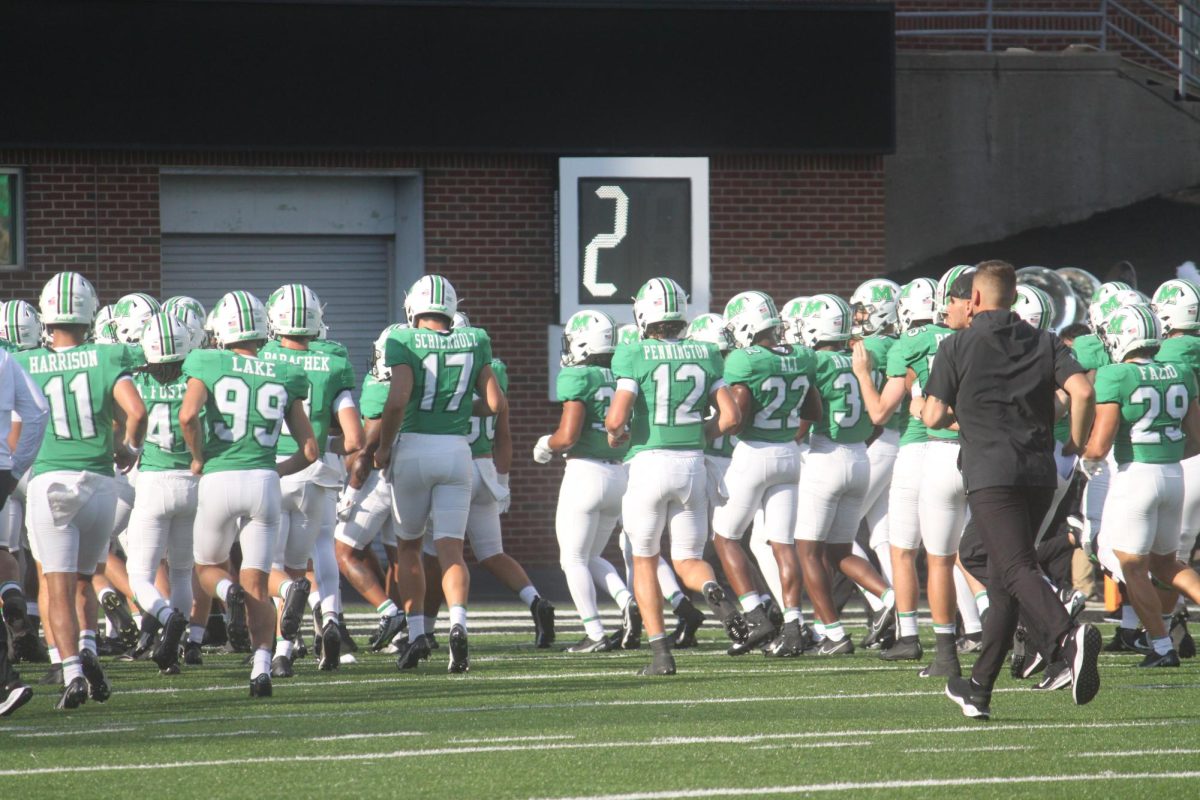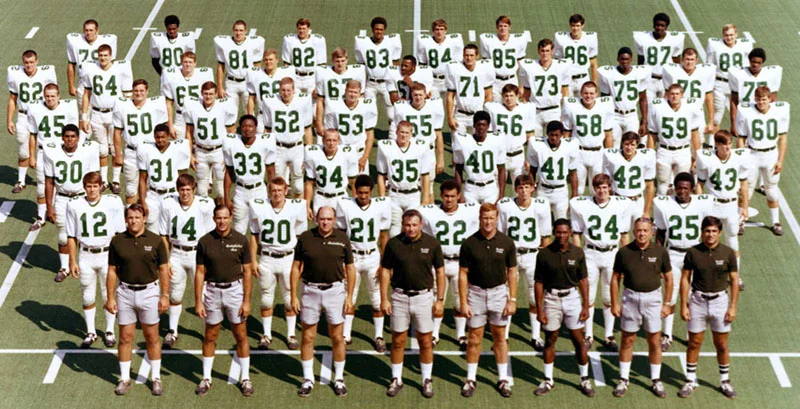
How some students are charged tuition per semester has been simplified, while others still have to consider the different types of fees they may be charged, Marshall’s chief financial officer says.
“In general, tuition rates that students are charged are broken into three categories. You have what’s called education and general fees- that’s just the big piece of tuition,” said Matt Tidd, Marshall’s CFO.
“You then have the student-related fees that we just spoke about,” Tidd said. “Then you have the program-specific fees. The program-specific fees are different for each and every college. That is an industry standard.”
The first non-tuition fees that students are charged are called student-related fees. These are the same for all students attending the university. As of 2023, full-time students pay $785 a semester for these fees. In the past, students were given an itemized list of what services their fees went toward, but this is no longer the case, according to Tidd.
“A decade or so ago, institutions in higher ed, including my previous institution, went to a fee simplification model where all of these fees were previously on a student’s bill- you could see everything it went to- now that’s consolidated into one fee,” Tidd said. Tidd previously worked as the chief budget officer at West Virginia University.
Tidd explained that student-related fees can be split into two categories. The first is known as a special institution fee, which makes up nearly a third of the student-related fee. This fee goes entirely towards the Rec Center, Marshall’s campus gym, providing students with membership and going directly towards paying the debt payments toward the Rec building.
The other student-related fee is the standard auxiliary fee. This goes toward several different campus and student services.
“The big one that is being charged there, out of the $481, approximately 80% of that is the athletic fee. So, students go to games for free, if you will. You get free tickets to every single athletic event. That money comes in through student bills and then goes to the athletic department to cover their expenses,” Tidd said.
The remaining 20% of the standard auxiliary fee goes toward services such as the Marshall Artist Series, institution services such as the Student Affairs Office, the Memorial Student Center and the free bus pass provided to Marshall students through the Tri-State Transit Authority.
Tidd also explained how the public transportation fee came to be and the work currently being done to assess its effectiveness.
“It’s my understanding that about five, six, seven, eight years ago, the Student Government Association and students here at the time voted to have an increase in fees for the access to that service. That is a service that we’re working with now to make sure that it’s still being used. ‘Is it reliable? Is it safe?’ All those types of things,” Tidd said.
The way these fees are charged works differently for online students as a part of the University’s effort to appeal to more of these students. In the past, online students were given a complicated and varied list of charges each semester. Starting this year, these students are charged one flat tuition rate equal to the resident tuition rate.
Another recent change to online student fees is that they are now given access to services on campus, including gym membership and admission to athletic events, a change also made in the last fiscal year.
In addition to student-related fees, students are also charged a program-specific fee based on their college or major. These fees can vary quite in cost, with the most expensive program costing almost $900 per semester and the cheapest costing a little over $100.

Tidd went on to explain this difference.
“…something like nursing is going to have much more equipment; they provide scrubs, they provide labs, they have all those different costs, so that’s really one of their reasons that they have a higher fee than liberal arts,” Tidd said.
Tidd also clarified that these program-specific fees go directly to the colleges and do not pass through the University. These costs are also set by the specific college, though some guidelines are set by the University.
“They can’t just go out there and say ‘We want a 20% increase this year.’ We try to keep it within a 1-3% max increase year over year. So, the academic leaders and deans absolutely have a say in how they handle the program fees.”
The most expensive program-specific fees are for the College of Engineering and Computer Science ($887 per semester for non-residents) and the nursing program ($846 per semester for non-residents). The cheapest fees are for students in the College of Liberal Arts ($108 for West Virginia residents) and the journalism program ($113 a semester for West Virginia residents).
These costs are subject to change as the University prepares to set its tuition and fee rates for Fiscal Year 2025, though Tidd explained that the goal is to limit cost increases as much as possible.
“Our first guiding financial principle is to get more students here, but not grow our fees. So, we’re going to maintain that affordability. Really, we want to keep it as affordable here as possible,” Tidd said. According to Tidd, the University is currently set to not go above a 2% year-over-year increase as a part of its three-year plan.


















